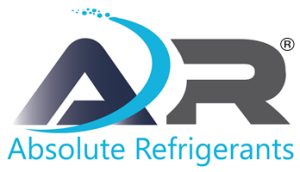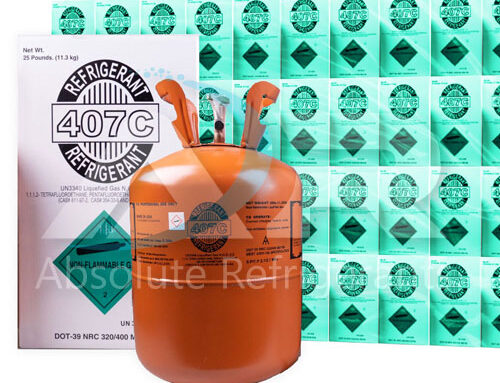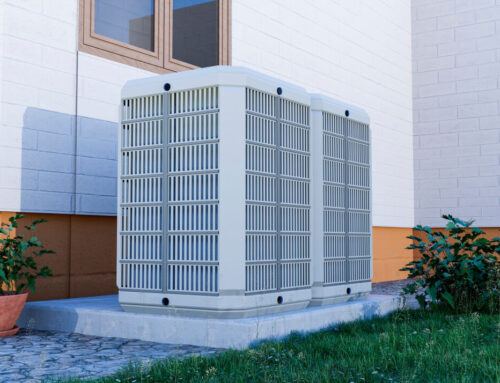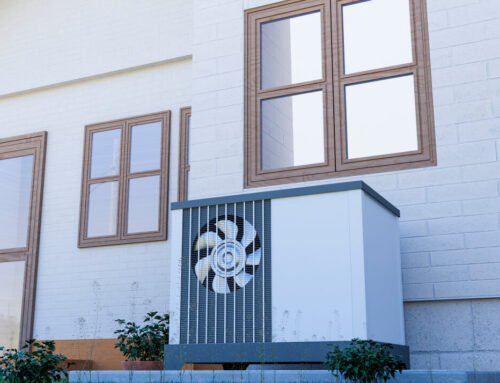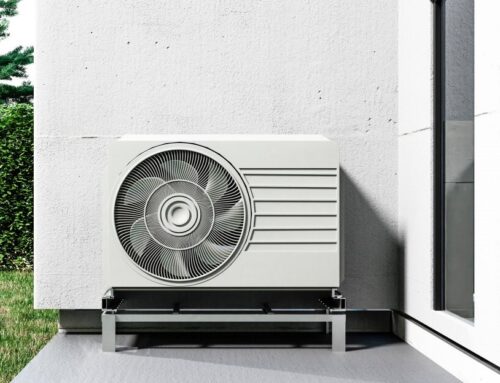Common Refrigerant Mistakes and How to Avoid Them- Absolute Refrigerant
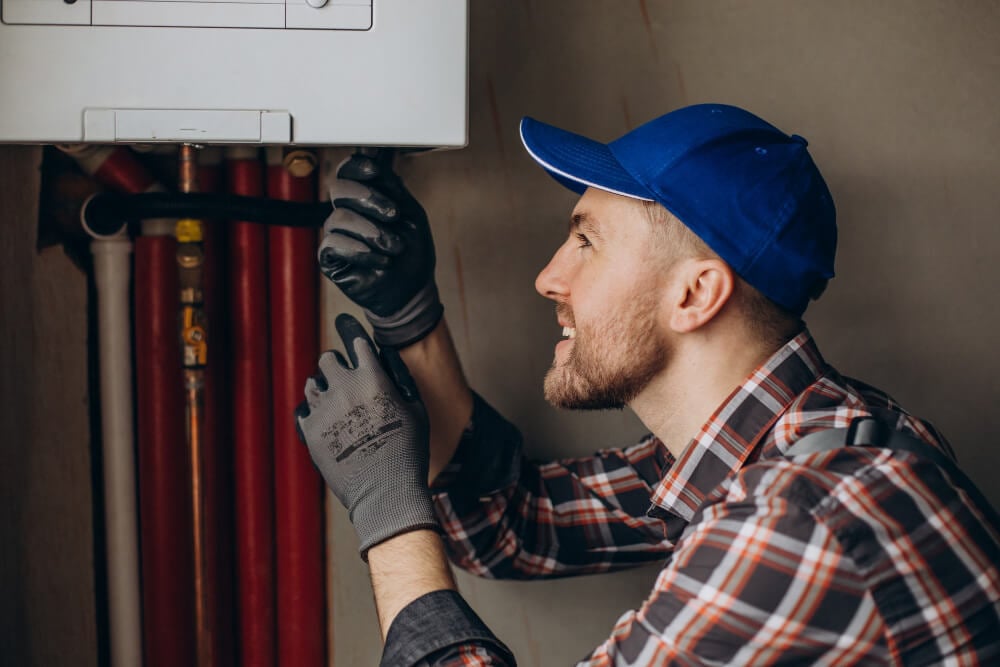
Installing refrigerants into various systems can be difficult and time-consuming. Mistakes during installation can result in costly repairs and even health risks. That’s why we wanted to take a minute to discuss the various common refrigerant mistakes. Knowing these mistakes upfront allows you a better chance of avoiding them.
One of the most common mistakes people make is not properly charging the system, resulting in an inefficient system that doesn’t cool correctly. To ensure correct charging, use a pressure gauge to measure both low- and high-side pressures before adding refrigerant.
Another major mistake is installing improper pipes or fittings for your system. Choose the correct piping size for your application, and double-check all connections are tight before running any tests on your newly installed system.
Failing to leak-test the system after installation is another common mistake. Leak testing helps detect potential problems before they become serious issues in the future, so make sure to test them after setting up your new system.
Not replacing components correctly or using improperly designed copper lines or valves are also possible problems that must be avoided at all costs. Ensure all new parts are compatible before attempting any repairs or replacements to ensure a safe and functional unit.
Finally, contamination of the refrigerant with air or other substances can lead to significant issues down the line. Regularly check all components related to your AC unit for signs of contamination before starting up again after maintenance work is completed.
Call The Professionals!
A very common issue we always see is people misunderstanding how complex a cooling system is. A professional should always install all systems, and adding refrigerant to a system is not a DIY project. You can seriously injure yourself by trying this on your own. When you feel that your cooling systems need refrigerant added, you should contact a qualified HVAC professional for help. While it may seem pretty simple, several factors will need to be considered. Regularly monitor your refrigerant levels and have any leaks promptly inspected by a professional.
In addition to avoiding these mistakes, take preventive measures to protect your investment from future problems. Replace the air filter regularly, understand how refrigerants work and check their levels, monitor drainage from AC units for water damage prevention, and address any leaking water issues promptly.
By taking these simple steps now, you can save yourself time and money later by avoiding costly repair bills due to improper installation procedures. Be sure to check out our What Factors Should You Consider When Choosing a Refrigerant? for more information.
Regular preventative maintenance on your air conditioning equipment is crucial for avoiding problems down the road. This should include checking for common signs of a refrigerant leak, such as warm air being released when the AC is set to cool or ice formation on the coils. Additionally, ensure that you use the correct type of refrigerant for each model. Adding refrigerant can help fix issues, but make sure not to add too much, as this could lead to combustion.
Maintain Your Refrigerant System
Maintaining your refrigerant system is essential to ensure optimal performance and energy efficiency. It is important to understand the various refrigerants available and select the correct one for your system to avoid common mistakes. Correct installation with proper pipes and fittings, leak testing after installation, replacing components correctly, handling refrigerants safely, and properly disposing of unused or expired gases are also essential.
Regular maintenance checks should also be performed to prevent potential problems in the future. By following these tips, you can minimize refrigerant loss during maintenance and ensure that your air conditioning system runs efficiently for years to come. Take action now to ensure your air conditioning system runs smoothly and safely!
